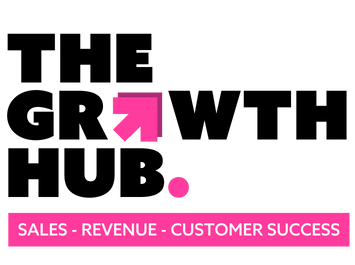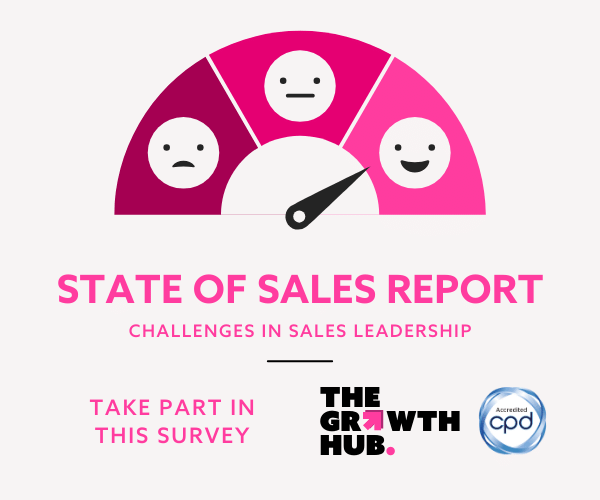While the best salespeople never read from a sales script, it can be really beneficial in improving results and prepping for awkward questions. In this blog, we’ll take you through the steps of writing a good sales script that you can tailor for your sales team.
Step 1: Identify the product you want to sell to a prospect and define the value props
Step 2: Focus on your core target audience. The best sales scripts adapt the questions and pain points to specific prospect personas – i.e. the script for an MD would be different from the one for an IT Manager. Consider the types of prospects you will be trying to sell to.
Step 3: Write down your core benefits. Think about what your product actually does to solve the prospect’s pain points. Does it help them save money? Be more productive? Keep the business secure? Shorten the recruitment process? Whatever it is, write down at least three.
Step 4: Link the benefits you’ve written to pain points. Flip around your benefits to answer the pain point questions. For example, if productivity is your benefit, a pain point would be: teams being restricted by slow and unproductive processes. Or if your product solves HR processes, the pain point would be it takes too much time to find new employees.
Step 5: Ask about the pain points you’ve identified. Asking questions is what the best salespeople do. Try to make them open-ended to avoid the prospect of simply saying yes. Come up with four or five questions that will give you the information you are looking for, and make them relevant to each pain point. An example would be, ‘How do you feel about the level of productivity within your business?’.
Step 6: Don’t read from the script or interrupt the prospect. A script is designed to guide the sales process, not dictate it. If you are doing more talking than listening, it’s all wrong. If so, include more questions from step 5. Remember, the more you know about the prospect, the easier it is to keep the conversation going.
Step 7: Identify any likely objections. If you or your team hear the same objections a lot of the time, write them down. For instance, if one common objection is the price of the product, make sure your salespeople know what they should say if that comes up. Be prepared for awkward questions.
Step 8: Closing time. Make sure your salespeople know what the best techniques and things to say are for closing. Always tailor this specifically to your prospect and come back to your value props identified in step 1.
Here’s an example of a sales email script – part of the sales script process:
Hi, First Name,
I am XX from XX.
We hear all the time that (INSERT JOB TITLE) like you:
(INSERT PAIN POINTS)
Example:
Hiring people takes too long
It’s hard to find good quality candidates
The interview process distracts from my normal job
Are you available for a 15-20 minute chat to discuss your challenges and I can share some examples of how we have helped other companies like yours?
You can book some time in my calendar here (INSERT LINK)
Best, XX.
Sales scripts should be created for all personas and all sales situations. That includes cold calls, follow up calls, emails, leaving voicemails and more. Remember, the purpose is to generate better quality conversations and arm your sales team with the information that will help them close more.




